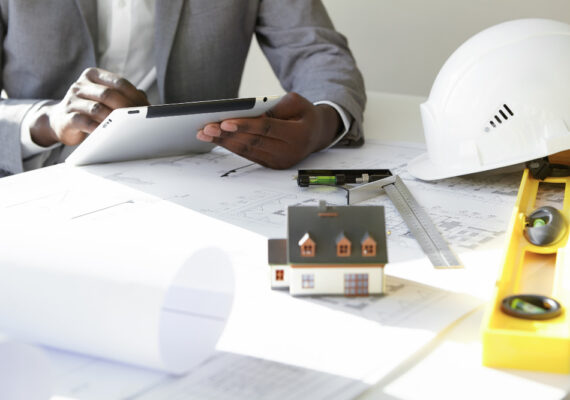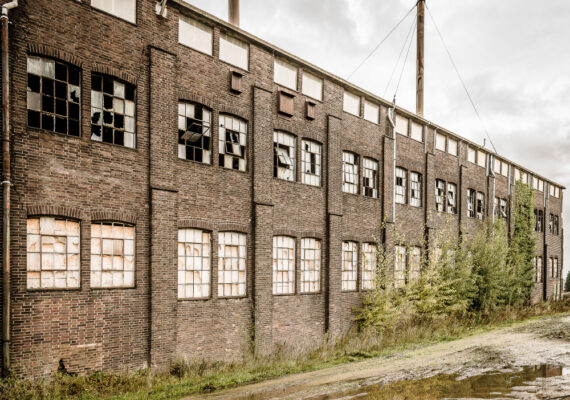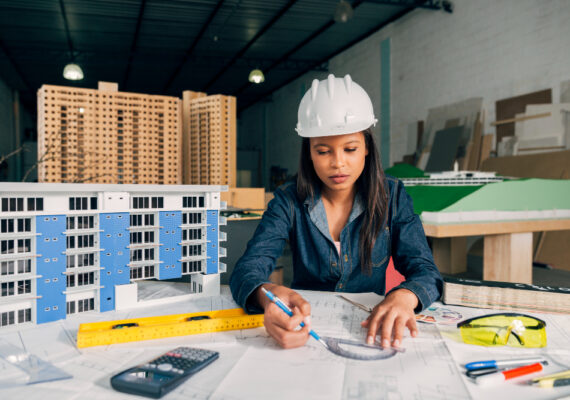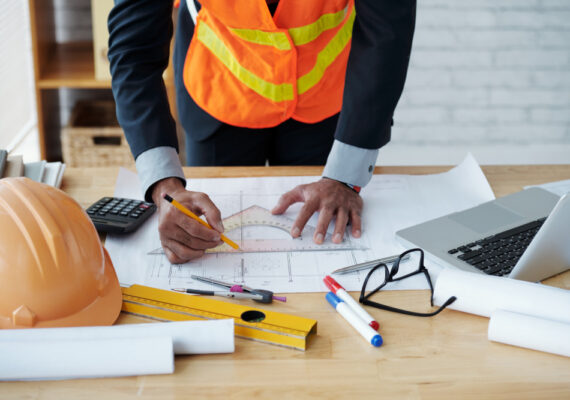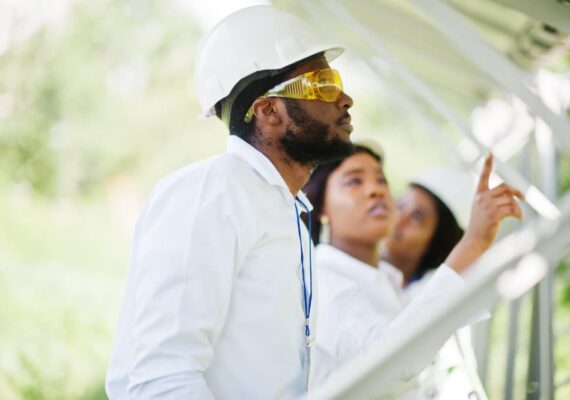Introduction:
In recent years, sustainable practices have gained significant traction in the construction industry, particularly in the residential sector. As concerns about environmental impact and resource depletion continue to grow, adopting sustainable practices in the construction of residential properties has become not only an ethical choice but also a smart business decision. In this article, we will explore the numerous benefits of incorporating sustainable practices into residential construction, focusing on the cost and environmental implications in both the short and long term.
1. Environmental Implications:
a) Reduced carbon footprint: Sustainable construction practices prioritize energy efficiency, reducing carbon emissions and minimizing the overall environmental impact of residential properties. By utilizing renewable energy sources, optimizing insulation, and implementing efficient HVAC systems, homeowners can significantly reduce their carbon footprint.
b) Conservation of resources: Sustainable construction emphasizes the efficient use of resources such as water, energy, and materials. Techniques like rainwater harvesting, low-flow fixtures, and LED lighting help conserve water and energy. Additionally, using recycled or reclaimed materials and implementing proper waste management strategies reduce the demand for raw materials and minimize construction waste sent to landfills.
c) Improved indoor air quality: Sustainable construction focuses on creating healthier living environments by minimizing the presence of harmful pollutants. Using low-VOC (volatile organic compound) paints, formaldehyde-free materials, and proper ventilation systems ensures better indoor air quality, reducing the risk of health issues for occupants.
2. Short-Term Cost Implications:
a) Energy savings: Sustainable residential properties are designed to be energy-efficient, resulting in reduced energy consumption and lower utility bills for homeowners. Implementing features such as high-performance insulation, energy-efficient appliances, and solar panels can significantly decrease energy costs from day one.
b) Increased property value: Sustainable properties often have higher market value due to their energy efficiency, reduced environmental impact, and lower operating costs. Homebuyers are increasingly recognizing the long-term economic benefits of sustainable homes and are willing to pay a premium for properties with green certifications, such as LEED (Leadership in Energy and Environmental Design) or ENERGY STAR.
3. Long-Term Cost Implications:
a) Durability and reduced maintenance: Sustainable construction practices prioritize durable materials and efficient building techniques, leading to fewer maintenance requirements and longer building lifespans. This results in reduced repair and replacement costs over the long term, saving homeowners significant expenses.
b) Climate change resilience:
Sustainable construction techniques take climate change and its potential impacts into account. By incorporating resilient features like flood-resistant design, wildfire-resistant materials, and improved insulation, homeowners can mitigate risks and potential damage associated with extreme weather events. This proactive approach to climate change adaptation can save homeowners from costly repairs and insurance claims.
The benefits of incorporating sustainable practices in residential construction are vast and far-reaching. From the reduction of environmental impact to the cost savings for homeowners, sustainable construction is a win-win scenario. By embracing sustainable practices, we can create residential properties that not only provide comfortable and healthy living spaces but also contribute to a more sustainable future. As the demand for environmentally conscious housing grows, it is clear that sustainable construction practices are not only a responsible choice but also a smart investment.


